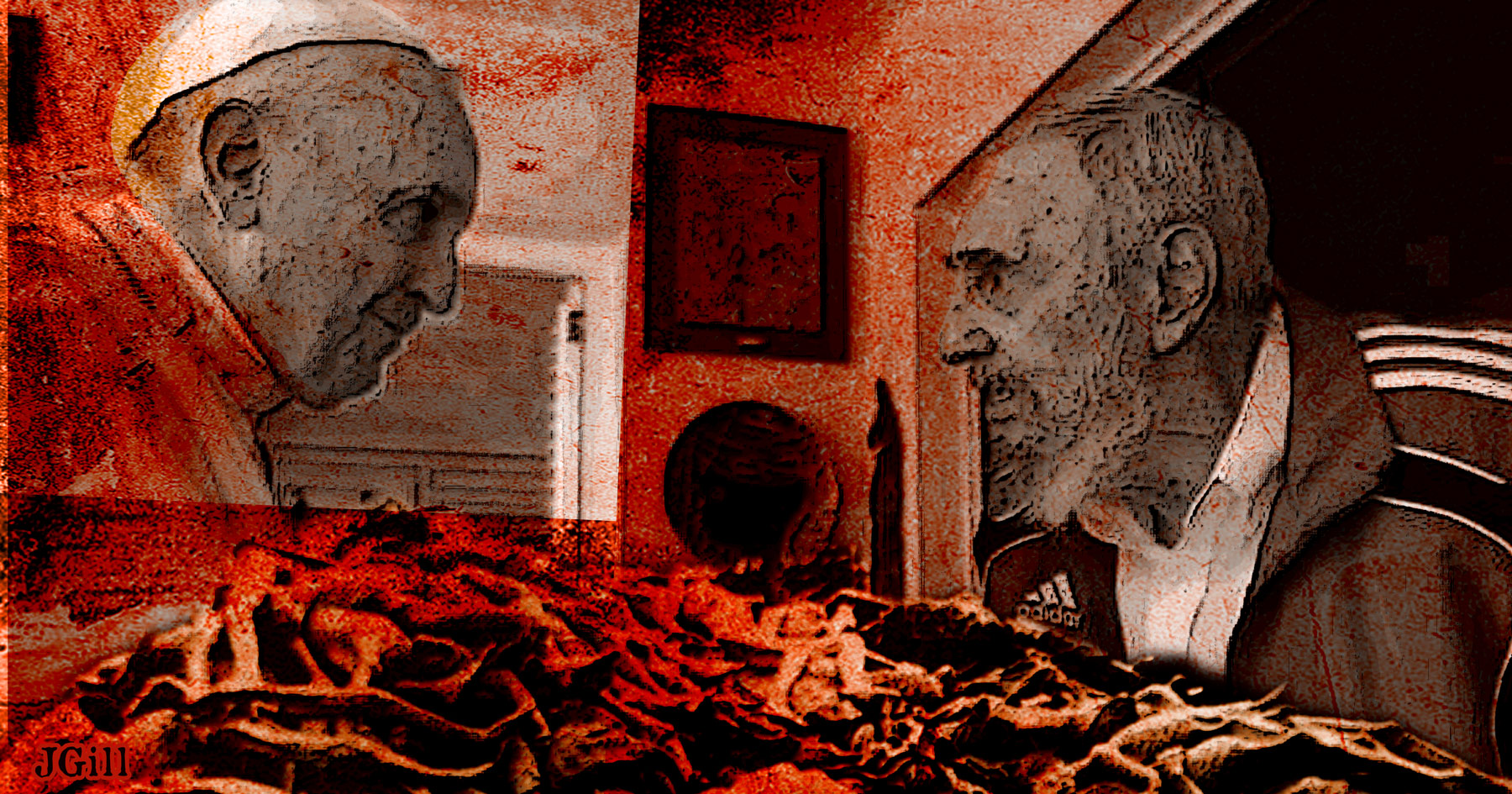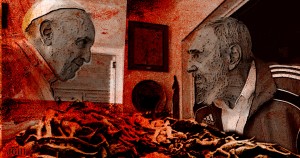Pope Francis met with Fidel Castro over the weekend.
It’s not the first time the Bishop of Rome has met with a dictator, in Cuba or elsewhere. But it is the first time this particular pope has done so.
Next stop on this tour? The United States.
The pope’s most pointed words were directed not to the Communist nation but south by southwest, to Colombia, from where hail contestant parties to peace talks (the government versus leftist insurrectionists) now being held in Havana. The pope wishes no breakdown in the talks, urging that the world cannot afford “another failure on the path of peace and reconciliation.”
Pope Francis has been credited with the thawing of cold war relations between the United States and Cuba, and, for his part, praises both parties for the detente, which he has dubbed “an example of reconciliation for the whole world.”
But Cuba remains under tyranny; the people cannot speak freely and are impoverished under the thumb of socialistic regulation. The pope may not be seeing elements of causality here, of teleology, of purpose: Cuba’s poverty is not caused by the American embargo, really, but by a pernicious attachment to outdated ideas of government supremacy over people.
Unfortunately, many of the pope’s most famous remonstrances about capitalism suggest that he may be closer to the Castro brothers’ oppressive Marxist ideology than to a more liberatory approach.
While the pope publicly prays for reconciliation, Americans would be better off if we repudiated reconciliation with destructive ideas that too easily get packaged as “humane” and “Christian” when they are really, and deeply, precisely the opposite.
This is Common Sense. I’m Paul Jacob.

